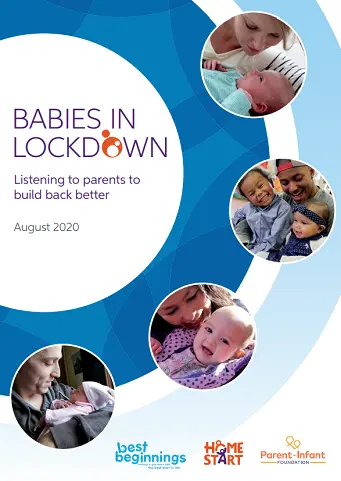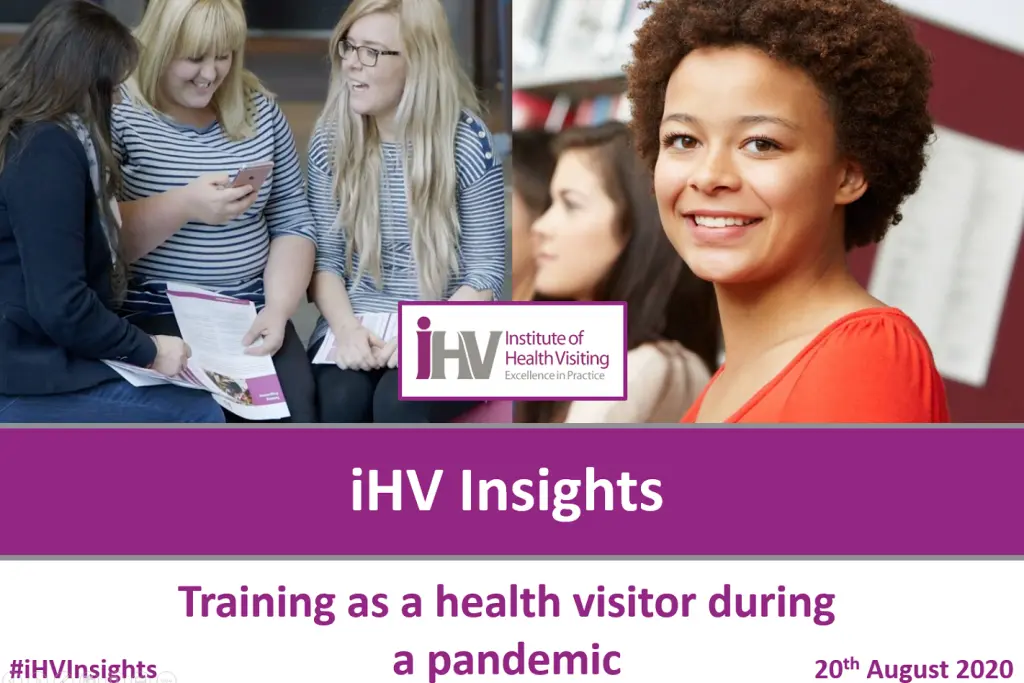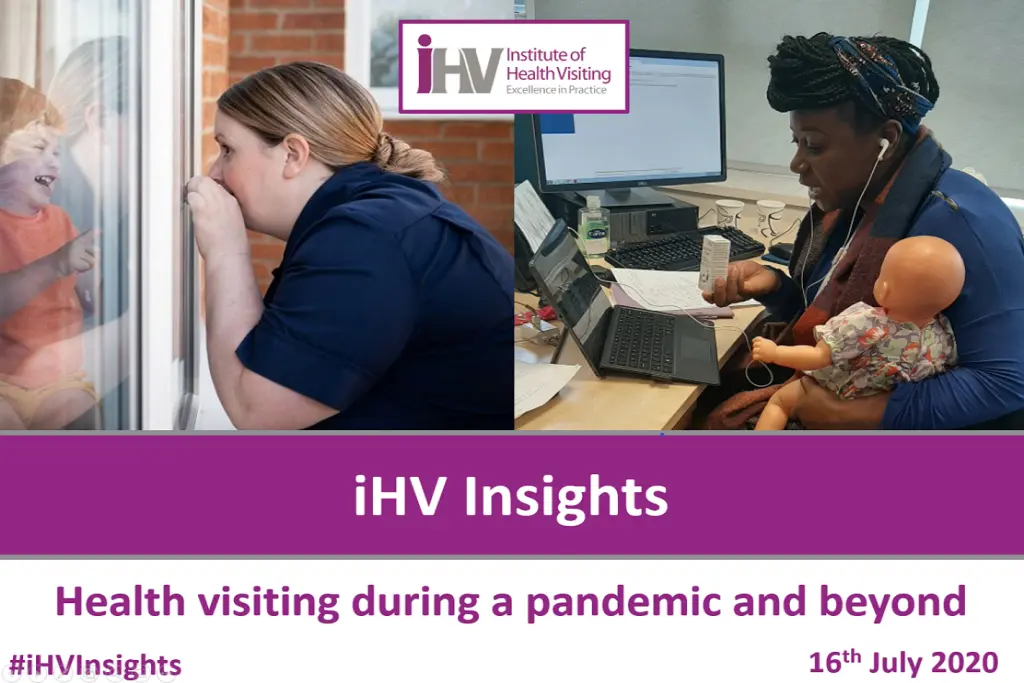Calling all iHV members – if you missed our iHV Insights webinar on “Training as a health visitor during a pandemic” held last week (Thursday 20 August), then don’t worry as the resources from this iHV Insights, as well as the previous ones, are available to iHV members to access as a free member benefit afterwards.
On Thursday 20 August, we were joined by a great panel of experts including:
- Joanne Seal, Leader UWE, Chair of United Kingdom Standing Conference on SCPHN.
- Ekaete George, Senior Practice Teacher and Practice Development Lead, Guys and St Thomas’s NHS Foundation Trust.
- Heena Fountain, Student Health Visitor, Central and North West London Foundation Trust.
- Charlotte Grant, Student Health Visitor, Sutton Health and Care.
- Maggie Fisher, Professional Development Officer, Institute of Health Visiting.
Click here to catch up on iHV Insights Training as a health visitor during a pandemic, as well as previous iHV Insights sessions:
If you are unable to join the live event, after the event, iHV members can access:
- Recording of the live iHV Insights webinar
- Pdf of webinar slides
- Responses to the Q&A session – key themes to unanswered questions provided by our expert panel
- Record of Attendance/ Reflection template for you to download and complete for each iHV Insights attended
Next iHV Insights
Date for your diary – iHV Insights webinar: “Supporting smoke-free families” – date TBC.
Further details, including date and how to book, coming soon!
About iHV Insights
iHV Insights are webinars run just for our members.
These live online sessions are of interest to frontline health visitors and student health visitors, as well as service leads, commissioners and wider members of the health visiting team, both in the UK and with lots of transferable learning for our international members too.
If you are not an iHV member, join us today to access these resources and many other member benefits.






